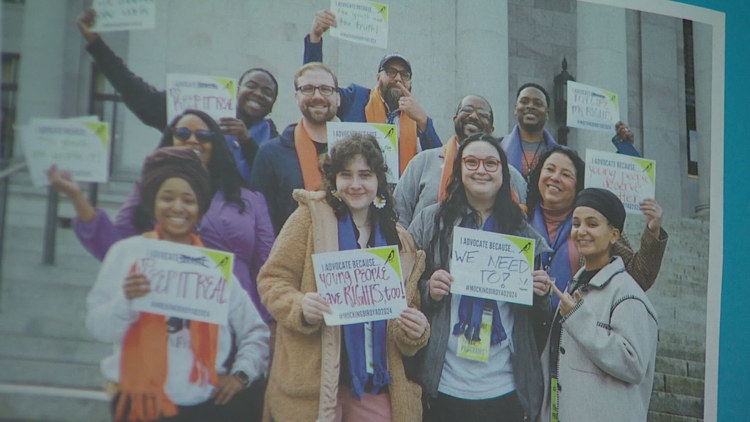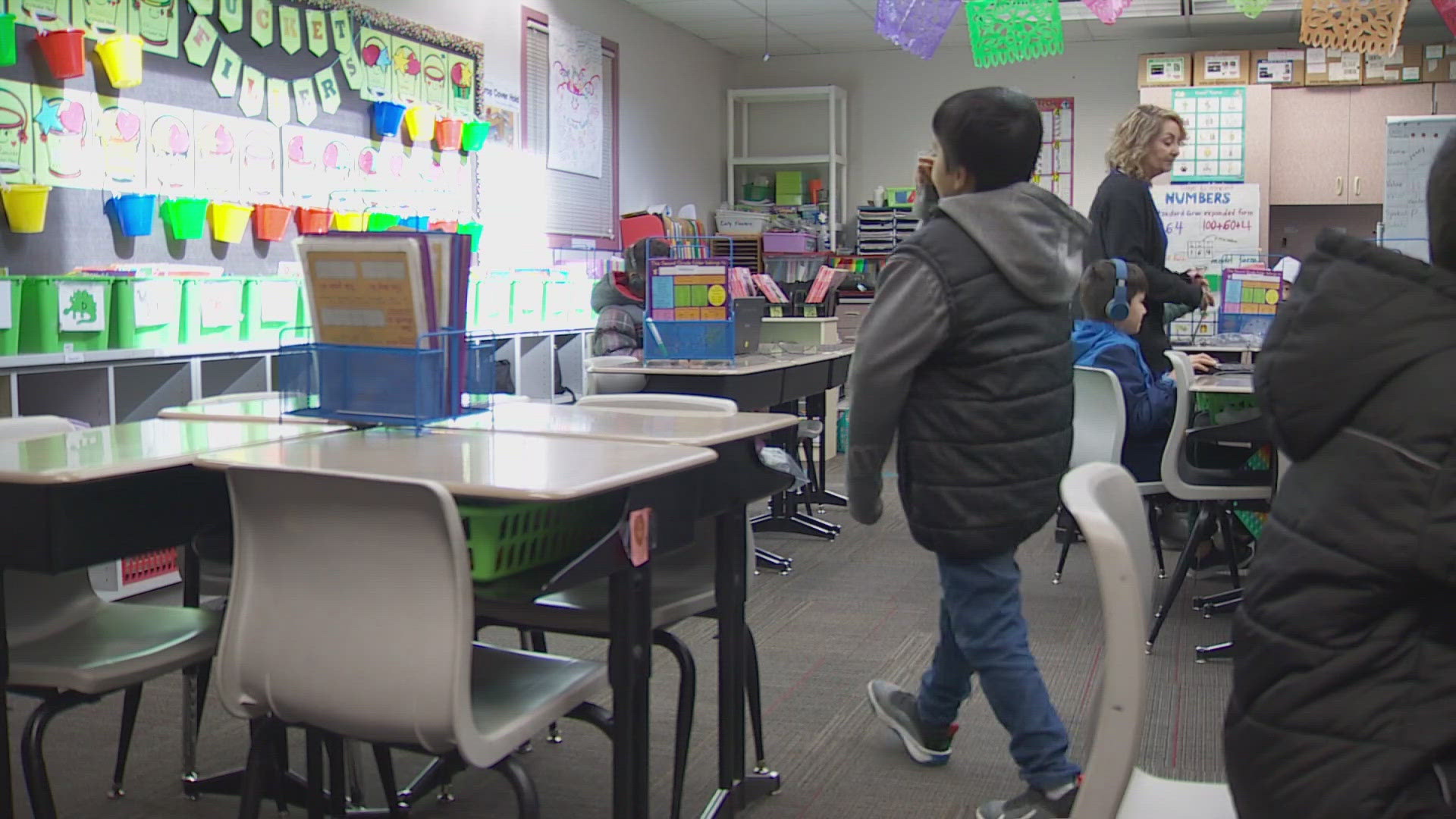OLYMPIA, Wash. — A law that will go into effect in Washington in a few weeks will allow more young people to stay in foster care for longer.
Senate Bill 5908 was signed by Gov. Jay Inslee in March and goes into effect June 6. Advocates who pushed for the bill to pass called it "monumental" legislation.
In 2022 in Washington, around 850 young people chose to take part in the Extended Foster Care Program, which allows them to stay in the system until they turn 21. This legislation states there were around 200 young people who did not take part and exited the system at 18 years old. Federal eligibility requirements prevented some young people from staying in the system, but this new law removes those requirements and allows all young people in foster care to qualify for the Extended Foster Care program.
The current requirements that will no longer be in place include that young people must be receiving some sort of education, be part of an employment program, be working 80 hours or more a month, or have a medical condition that prevents them from meeting those requirements.
Advocates for youth in foster care said forcing kids out of the system at 18 years old can lead to life-altering consequences, and data supports that. Youth who exit foster care at 18 are nearly twice as likely to end up homeless as those who wait until they are 21.
According to the Washington State Department of Social and Health Services, 41% of youth who exit foster care at the age of 18 experience homelessness or housing instability. But for youth who took part in Extended Foster Care, that was reduced to 23%.
“Once you are exhausted from DCYF and the foster care system, you are now trying to figure out where am I going to sleep?” said Charles Smith, the public policy and advocacy director with the Mockingbird Society. “It's really that stark of an exit for a lot of young people.”
This risk of homelessness is one reason the Mockingbird Society and young people involved in the system pushed for this law to pass.
Under this new law, all youth in foster care at 18 can either choose to stay in a foster home setting or can continue to get support from the state in the form of a monthly payment to live independently.
“If you're a parent, you don't tell your kid on their 18th birthday to go figure it out and go figure college out,” said Smith. “That young person is able to return home on vacations and during the holidays. Young people in the foster care system, they don't get that opportunity, at least they didn't."
The Mockingbird Society wants to get the word out about this new law because even if a young person already aged out when they were 18, they can still benefit from this new law if they are under the age of 21. Smith said this law is just one piece of their efforts to end youth homelessness.
“If you're driving home tonight and you happen to pass maybe a tent city and you see young people, that should really strike you, that should really pull on your cords, that should motivate you to want to go out and to do something and truly make a difference,” said Smith. “No young person should be sleeping under a bridge. Every young person is worthy.”
Correction: A previous version of this story misstated how long youth could remain in foster care under the extended program.



